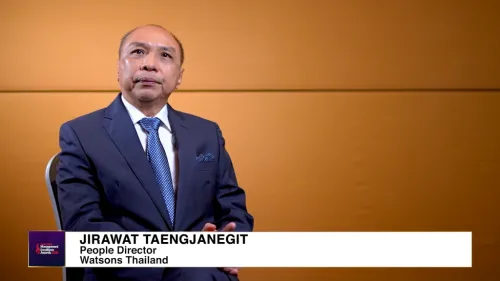
FIs need to set clear net-zero goals else loans, assets deteriorate: Moody’s
Delayed goals and actions would hurt banks’ asset and loan quality in the future.
Banks, insurers, and asset managers need to ramp up climate risk assessments and set clear goals to reach net zero in their financed emissions, else face heightened risks, warns Moody’s Investors Service.
A delayed and disorderly carbon transition poses the greatest risk to financial firms, the ratings agency said.
Financial firms and governments especially need to set actions and begin moving to achieve carbon transition within this decade. Any delay beyond that—likely to be caused by uncoordinated government and regulatory policies—poses the greatest threat of losses for the financial industry, according to Sean Marion, a Moody’s managing director.
“It risks triggering sudden, large-scale and drastic action in later years by governments, firms, and regulators to limit climate change, hurting the quality of loans and invested assets,” he warned.
In contrast, financial institutions with a rapid, well-communicated, and measurable transition would keep risks lower, says Alka Anbarasu, a Moody’s senior vice president.
“Financial firms will lend to and invest in green businesses and new technologies as the transformation to a low-carbon economy creates vast financing opportunities. At the same time, they will help fund the capital needs of corporate clients in carbon-intensive sectors who are aligning their business strategies with low-carbon business models,” Anbarasu said.
Financial firms adopting a rapid but predictable shift towards climate-friendly finance will best preserve their credit quality, Moody’s said.
This involves financial firms integrating climate risk considerations into their strategies, business processes, governance structures, and risk management frameworks, whilst setting out clear goals for reaching net zero in their financed emissions.
Whilst green lending and investments will bring major commercial opportunities to financial firms, the credit impact of carbon transition will begin to hit home in the second half of this decade, when scrutiny of their interim climate goals is likely to intensify, she further warned.



















 Advertise
Advertise








